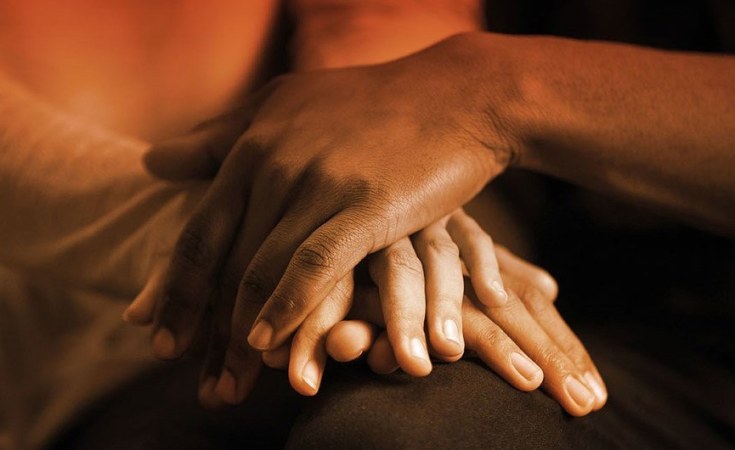Many Nigerians were surprised by Barrister Abdulmalik Sarkindaji's controversial attempt to marry off 100 orphaned girls in Niger State, all of whom lost their parents in banditry attacks in the Mariga Local Government Area. Beyond the legal and ethical dimension of this plan, there are significant concerns regarding the mental health implications for these girls. Given the trauma and loss they have experienced due poor security infrastructure and banditry attacks, the proposed plan raises serious questions about the psychological well-being and rights of the girls involved.
Sarkindaji's proposal, unveiled on May 10, 2024, brought into sharp focus the complexities surrounding the future of these orphaned girls. While framed as an act of compassion and empowerment, the lack of comprehensive support structures and the lack of transparency about the girls' age range highlights the potential risks to their mental health and overall well-being.
The psychological toll of losing one's family to violence cannot be overstated. Orphaned children, already grappling with the trauma of bereavement and displacement, are particularly vulnerable to a range of mental health disorders, including depression, anxiety, and post-traumatic stress disorder (PTSD). The decision to marry off these girls under the guise of "constituency empowerment" necessitates a deeper examination of who will be responsible for safeguarding their rights, particularly their rights to health and safety. The prospect of being thrust into marriages, lacking the agency or autonomy to speak for themselves, make their own decisions over their futures, compounds the psychological distress these girls will experience, potentially exacerbating existing trauma and perpetuating cycles of violence and exploitation.
Against human rights
According to the Violence Against Persons Prohibition (VAPP) Act, enacted in 2015, child marriage is expressly prohibited, recognising the inherent vulnerabilities of minors and the imperative to protect them from harm. Additionally, section 38 of Nigeria's Mental Health Act 2021 emphasises the importance of integrating mental health services into broader frameworks for preventing gender-based violence. By prioritising mental health as a fundamental aspect of health, the legislation aims to address longstanding disparities in mental health care provision and promote the rights and dignity of all individuals, including vulnerable populations such as orphaned girls.
In light of these legal frameworks and international human rights standards, Sarkindaji's initiative to offer orphaned girls for marriage raises serious ethical and moral questions about the protection of their rights and the state's neglect of their mental well-being. Research indicates that orphaned children are at a heightened risk of mental health disorders, including depression, anxiety, and post-traumatic stress disorder (PTSD). Placing these vulnerable girls in arranged marriages without addressing their mental health needs would exacerbate their psychological distress and perpetuate cycles of trauma. This proposal fails to address their complex psychosocial needs, overlooking the inherent risks of re-traumatisation and exploitation.
Emphasising mental health
As the Minister of Women Affairs, civil society organisations, and human rights advocates mobilise to challenge Sarkindaji's marriage proposal, it is crucial to prioritise the mental health and rights of the affected girls. This includes advocating for comprehensive psychosocial support services, trauma-informed care, and access to mental health professionals trained in addressing the unique needs of orphaned children and survivors of violence.
Furthermore, there is an urgent need for greater awareness and education surrounding mental health issues in Nigeria, particularly within the context of gender-based violence and social marginalisation. By destigmatising mental illness and promoting a culture of empathy and understanding, communities can play a crucial role in supporting the recovery and resilience of vulnerable individuals, including orphaned girls affected by banditry attacks.
As the country strives to uphold the principles of equality, justice, and dignity for all its citizens, it is imperative to address the complex needs of vulnerable populations and ensure that their rights and well-being are protected.


